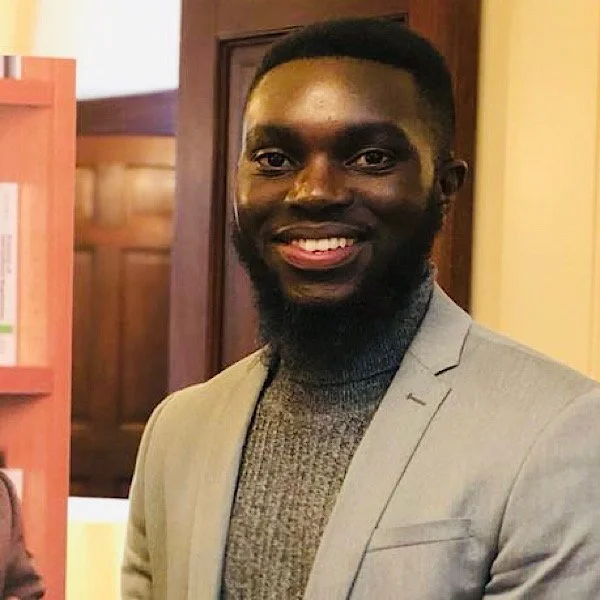The history of cricket in South Africa is rooted in racism, marginalisation, exclusion, and discrimination—not too dissimilar to the history of the country itself. Prior to 1994, the men’s national, provincial, club, and school teams were to consist exclusively of white players. A quota system effectively ensured that other races could not integrate, nor compete, with white players. Additionally, player development and playing opportunities were reserved exclusively for white people.
STRUCTURES IN REVIEW: SJN
The Social Justice and Nation Building Project (SJN) is an inquiry that has been established by the Cricket South Africa board to ascertain the extent to which the administration of and participation in cricket in South Africa has been affected by institutional and structural racism. Past and present board members, administrators, coaches, and players have been invited by the SJN ombudsman, advocate Dumisa Ntsebeza, to testify to their personal experiences of being involved in the cricket structures in South Africa. Testimony is delivered either through an oral statement under oath or by a written affidavit. Any person implicated via testimony can respond after receiving notice. The terms of the SJN hearings give Ntsebeza discretionary powers to ask for cross examination.
Of all the testimony presented, the most telling are those presented by former Proteas (national team) players who speak of ill treatment, marginalisation, and blatant racism from administrators and even from some of their teammates. For example, former player Makhaya Ntini spoke about how he felt so marginalised and disconnected from his teammates that he would routinely take a jog back to the team hotel as opposed to riding in the team bus. Former captain Hashim Amla spoke about how every player of colour is judged harshly and unfairly, in comparison to their white teammates, when they represent South Africa. After the hearings, a preliminary report was drafted, which underscored that institutionalised racism is embedded in South African cricket structures.
GOING FORWARD
The SJN report recommended that a Permanent Office of Transformation be established as the platform through which players, coaches, and stakeholders can raise concerns regarding gender and race-based discrimination in the future. This platform will ensure that all irregular procedures are rectified and remedied. Detailed policies across all levels of cricket should be introduced to ensure that equal opportunities for the previously disadvantaged demographic are afforded.
THE ROLE OF THE SOUTH AFRICAN CONSTITUTION
For Cricket South Africa (CSA) to achieve the constitutionally entrenched right to equality, the Constitution of South Africa recognises that it is necessary to address the injustices of the past in its structures and staff appointments throughout the whole organisation. This task involves CSA being aware of the oppressive conduct that the marginalised demographic—people of colour—were subjected to during apartheid and understanding how such oppression translates into present day challenges in the cricketing context. CSA must ensure that the new measures it adopts are rational and with a view towards achieving constitutional objectives. South Africa’s national teams must reflect the demographics of the country. Thus, development, access to resources, and playing opportunities must be fair.
The Constitution of the Republic of South Africa is the text through which South Africa is to build an equitable society by addressing the systemic and institutionalised racism promoted during apartheid. The Constitution affirms the democratic values of human dignity, equality, and freedom. Therefore, it is imperative that CSA understands the role of the Constitution and how to ensure that its decision-making and conduct is in accordance with the values espoused therein. What has been made apparent throughout the SJN Hearings is the lingering belief that transformation and excellence are mutually exclusive—a belief that is rooted in racism and allowed to flourish under the idea that people of colour are less capable in the roles they perform.
Section 9(2) of the Constitution stipulates that “[e]quality includes the full and equal enjoyment of all rights and freedoms. To promote the achievement of equality, legislative and other measures designed to protect or advance persons, or categories of persons, disadvantaged by unfair discrimination may be taken.” From the testimony presented and the preliminary report issued, it is clear that, in as far as the Constitution is concerned, many players of colour have not had full and equal enjoyment of rights and freedoms as espoused in section 9. Most cricket players of colour in South Africa experience prejudice and consequently have their dignity violated throughout their careers, and up until the establishment of the SJN hearings, there has been no avenue for recourse.
Neil Mugabe holds Bachelor of Laws & Bachelor of Political Sciences (International Studies), respectively, from the University of Pretoria. He has a keen interest in issues relating to international law, human rights, access to justice & sports law.

